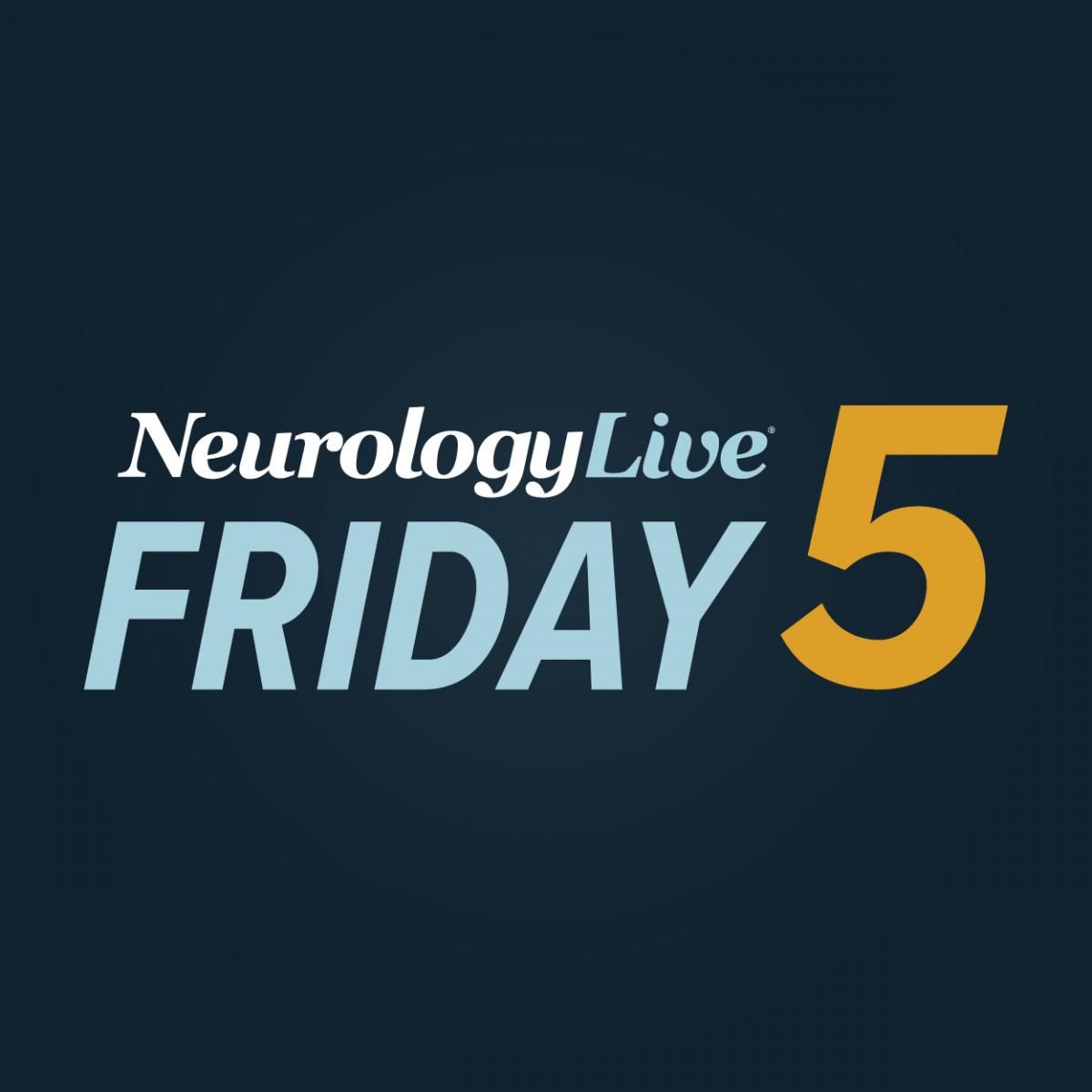Video
Ian Maidment, PhD: Treating Sleep Problems in Those with Dementia
Author(s):
The senior lecturer in Clinical Pharmacy at Aston University talked about issues facing the medical community in treating those with dementia who have sleep problems.
"How can we help people with dementia who are on medications get the best of them?"
Ian Maidment, PhD, sat with NeurologyLive at the Alzheimer’s Association International Conference on Alzheimer’s Disease in Chicago, Illinois, to talk about the issues facing the medical community when it comes to treating the elderly and those with dementia who have cognitive impairment or sleep problems.
The senior lecturer in Clinical Pharmacy at Aston University discussed the impact that hip fractures, which can often be caused by the adverse effects of hypnotic Z-drugs, on those who are elderly with dementia. This, he said, includes the appropriate prescribing of sedatives, antipsychotics, and all drugs that can lead to falls for these patients.
Specifically, Maidment spoke this issue of proper prescribing with those who have cognitive impairment, and his desire to help people with dementia who are on medications get the best out of them. He noted the struggles these patients face in identifying errors or changes in the medications, and how the medical community needs to provide support to these patients. He also acknowledged a need for more and newer therapeutic options for these conditions, mentioning that, for the last 17 years, the area has been relatively stagnant in terms of options.
Maidment said that when physicians began switching from benzodiazepines, or benzos, to z-drugs, there was a belief that there would improvement, but new research, such as a study he helped conduct into the use of z-drugs, have shown that may not be the case. Overall, he said, the key focus for sleep issues with the elderly and those with dementia should be addressing them with non-pharmaceutical methods, such as proper diet and exercise, better regulation of the sleep-wake schedule, and having more person-centered care for these patients.




